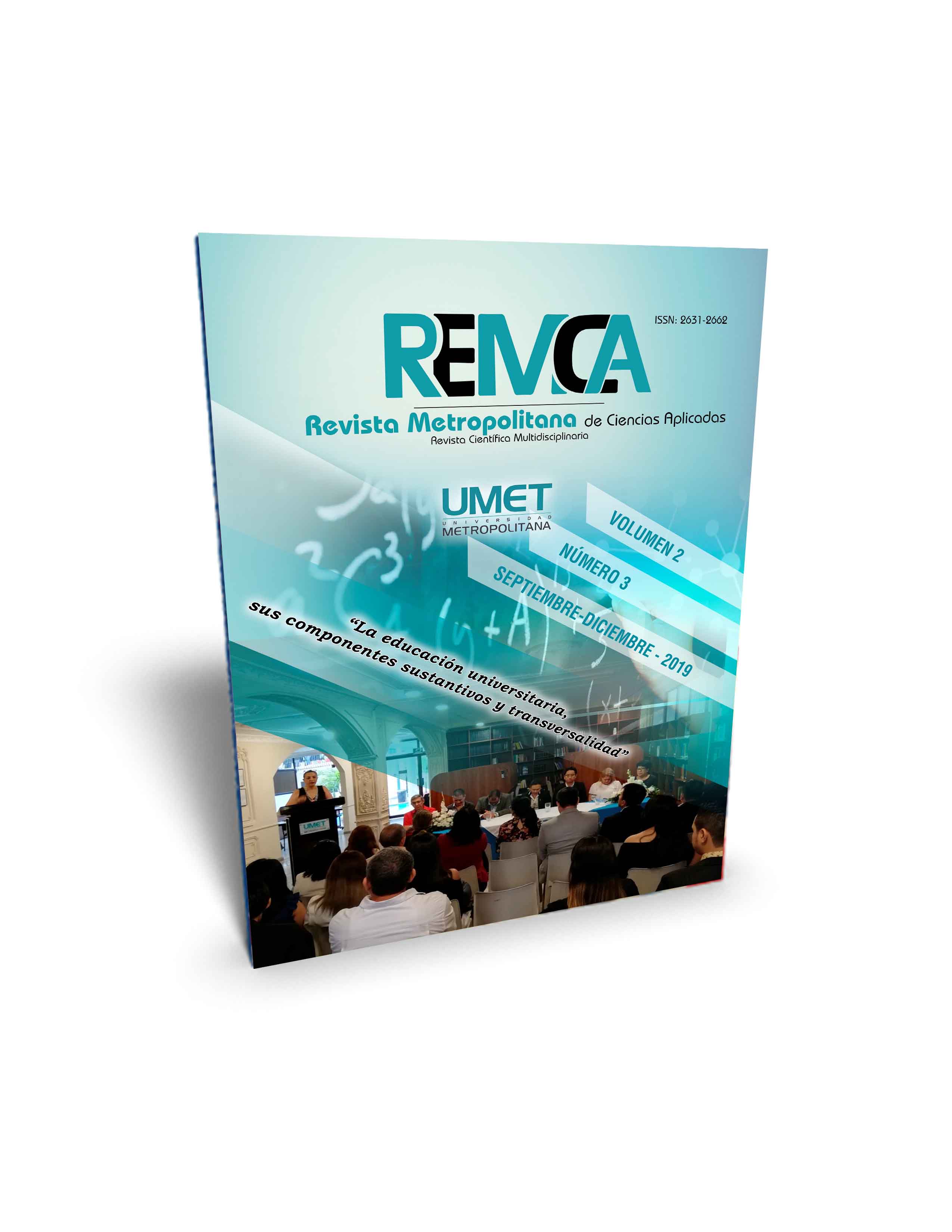The fundamental rights of the sanctioned a deprivation of freedom in Ecuador
DOI:
https://doi.org/10.62452/p75qdf11Keywords:
Deprivation of liberty, fundamental rights, ius puniendi, reintegration, constitutional requirementsAbstract
The present work intends to demonstrate which rights of those sentenced to deprivation of liberty are above the sanctioning powers of the State for the benefit of the community. Although ius puniendi is a power recognized in different countries to sanction certain transgressors of the social norms of coexistence, they must have certain limits in the practical and legislative order as a guarantee of the citizen. The Republic of Ecuador has a sanctioning system legitimized and erected by constitutional requirements that corresponds to international agreements in relation to the rights of those sentenced to deprivation of liberty, so much so, that regardless of whether problems remain in prisons, at less is a claim in the legal order to eradicate them; which is the primary condition for progress towards a more humane prison regime.
Downloads
References
García Castillo, P. (1990). Aristóteles. De Anima III. Primera Exploración en el Territorio de la Imaginación. Azafea, 3, 11-32. Recuperado de http://revistas.usal.es/index.php/0213-3563/article/viewFile/3661/3679
Comisión Interamericana de Derechos Humanos. (2008). Principios y Buenas Prácticas de protección a las personas privadas de libertad. Washington D.C: CIDH.
Corte Penal Internacional. (2002). Estatutos de Roma. Recuperado de https://www.un.org/spanish/law/icc/statute/spanish/rome_statute(s).pdf
Comunidad Europea. (1989). Carta Comunitaria de Derechos Sociales Fundamentales de los trabajadores. Recuperado de http://www.derechoshumanos.net/normativa/normas/europa/CDSFT/1989-CDSFT.htm
Consejo de Europa. (1950). Convenio para la Protección de los Derechos Humanos y de las Libertades Fundamentales. Roma: Strasbourg cedex.
Convención Americana sobre Derechos Humanos. (1948). Declaración Americana de los Derechos y Deberes del Hombre. Novena Conferencia Internacional americana. Bogotá: ONU.
Diéz-Picazo Giménez, L. M. (2002). Derecho a la vida y a la integridad física y moral. Madrid: Congreso.
Ecuador. Asamblea Nacional. (2014). Código Orgánico Integral Penal. Quito: Editora Nacional.
Ecuador. Asamblea Nacional Constituyente. (2008). Constitución de la República del Ecuador. Quito: Asamblea Nacional Constituyente.
García, A. (2003). Abramovich, Víctor. y Courtis, Christian. Los derechos sociales como derechos exigibles. Teoría y realidad constitucional, 6, 691-697. Recuperado de https://dialnet.unirioja.es/servlet/articulo?codigo=1125389
Peces-Barba Martínez, G. (2004). Lecciones de derechos fundamentales. Madrid: Dykinson.
Peces-Barba, G. (1973). Derechos fundamentales I. Teoría general. Madrid : Guadiana.
Organización de las Naciones Unidas. (1966). Pacto Internacional de Derechos Civiles y Políticos. Nueva York: ONU.
Organización de la Unidad Africana. (1981). XVIII Asamblea de Jefes de Estado y Gobierno de la Organización de la Unidad Africana. Carta Africana sobre Derechos Humanos y de los pueblos. Nairobi, Kenya.
Ruíz Vadillo, E. (1992). El derecho a la vida y la integridad física. Madrid: Librería del Congreso.
Downloads
Published
Issue
Section
License
Copyright (c) 2019 Marily Rafaela Fuentes Águila, Pedro Enrique Castellanos Fuentes (Autor/a)

This work is licensed under a Creative Commons Attribution-NonCommercial-ShareAlike 4.0 International License.
Authors who publish in Revista Metropolitana de Ciencias Aplicadas (REMCA), agree to the following terms:
1. Copyright
Authors retain unrestricted copyright to their work. Authors grant the journal the right of first publication. To this end, they assign the journal non-exclusive exploitation rights (reproduction, distribution, public communication, and transformation). Authors may enter into additional agreements for the non-exclusive distribution of the version of the work published in the journal, provided that acknowledgment of its initial publication in this journal is given.
© The authors.
2. License
The articles are published in the journal under the Creative Commons Attribution-NonCommercial-ShareAlike 4.0 International License (CC BY-NC-SA 4.0). The terms can be found at: https://creativecommons.org/licenses/by-nc-sa/4.0/deed.en
This license allows:
- Sharing: Copying and redistributing the material in any medium or format.
- Adapting: Remixing, transforming, and building upon the material.
Under the following terms:
- Attribution: You must give appropriate credit, provide a link to the license, and indicate if any changes were made. You may do this in any reasonable manner, but not in any way that suggests the licensor endorses or sponsors your use.
- NonCommercial: You may not use the material for commercial purposes.
- ShareAlike: If you remix, transform, or build upon the material, you must distribute your creation under the same license as the original work.
There are no additional restrictions. You may not apply legal terms or technological measures that legally restrict others from doing anything the license permits.




